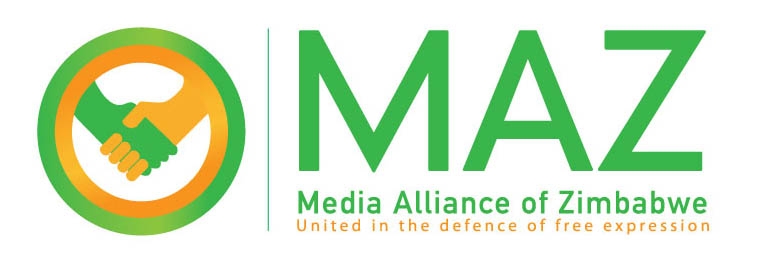
By Albert Nxumalo
The Media Alliance of Zimbabwe (MAZ) has expressed grave disappointment over amendments of the Zimbabwe Media Commission Bill saying they are inadequate and fall far short of the expectations of media stakeholders and citizens.
MAZ said Zimbabwe cannot afford to recline back on the reform agenda insisting that only genuine democratic reforms can break the country out of its dark history.
Government, under the spotlight, to implement genuine media reforms, in December last year through the Ministry of Information, Publicity and Broadcasting Services gazetted three amendments, one that seeks to clarify the reporting requirements by the ZMC to the Executive as defined in Section 323 of the Constitution
The other amendment aim is to give effect to co-regulation while another corrects a wording error from the gazetted ZMC Bill.
“It is disappointing to note that none of the amendments addresses the concerns raised by media stakeholders and citizens,” MAZ said in a statement.
“In essence, the amendment does not in any way address the contentious issues around provisions that criminalise journalism and by extension freedom of expression, the involvement of the police in professional investigations and clauses that compromise the independence of the ZMC, astandard prescribed in the Constitution, among other issues tabled before the Ministry and the Parliamentary Portfolio Committee on Media”.
Detailing its displeasure, the media body said it is further regrettable that government chose to take a minimalist approach in giving effect to co-regulation by merely extracting Constitutional provisions that empower the ZMC to delegate some of “its functions under section 249 (1)(e) and 2 to any regulatory body for media practitioners set up under the law.”
“This delegation can be extended ‘to any other person any other duty, power or function under this (ZMC) Act; expect the power to delegate in terms of this section,” MAZ argued.
While the provisions appear to be providing the way for the realisation of a co-regulatory framework for the media, MAZ said the vagueness of the provision suggests that the self-regulatory mechanism envisaged in co-regulation will operate at the pleasure of the statutory body.
“This entrenchment of statutory regulation or token co-regulation goes against the well-documented demands of media stakeholders, the general views of the citizens and is not in sync with the African Charter on Human and People’s Rights (ACHPR) Declaration on Freedom of Expression, which Zimbabwe is party to.
“The Minister and senior government officials have on numerous occasions reiterated that government is in support of co-regulation. It is thus deplorable that government would miss an opportunity to “walk the talk” by enacting provisions that would give effect to co-regulation within the context of the ZMC Bill”.
Media players have for long maintained that co-regulation will decriminalize the profession and allow the media industry to control its professional standards.
Going forward, MAZ appealed to the government and Parliament to reconsider the amendments and take into cognisance the views expressed by the media and citizens.






